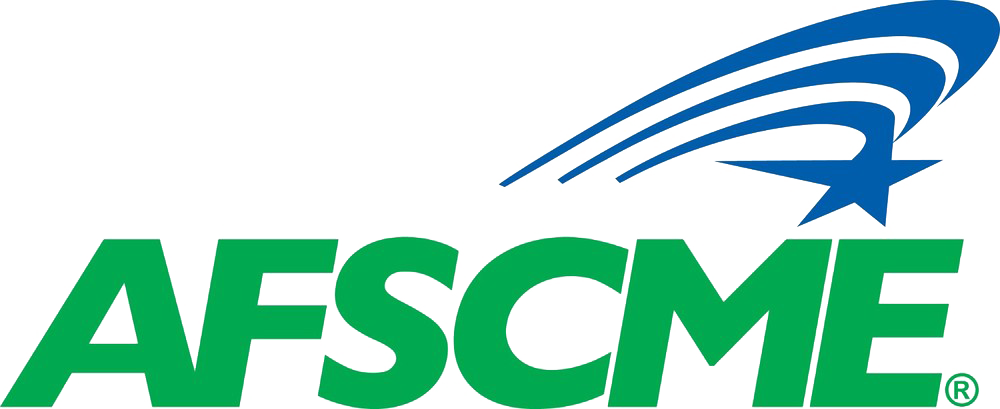AFSCME joined a virtual gathering of the Poor People’s Campaign: A National Call for Moral Revival, a movement that seeks to shift the moral narrative of our country and build power for poor and vulnerable people.
The more than three-hour event covered health care, homelessness and income inequality, as well as climate change and systemic racism, among other topics, and brought together faith leaders, union leaders, politicians, activists, artists, everyday Americans and more.
The full broadcast from the past weekend can be watched here.
Leaders of the movement, such as the Rev. William Barber II, are picking up on the unfinished work of the Rev. Martin Luther King Jr., who launched the original Poor People’s Campaign but whose work was cut short by his assassination. King came to Memphis in 1968 to support AFSCME sanitation workers strike despite threats to his life and was killed a day after he addressed the workers in his now-famous Mountaintop Speech.
“To this day, in everything AFSCME members do to serve and strengthen our communities, especially amid this devastating pandemic, we are inspired by Dr. King’s courage and sacrifice ... and his commitment to eradicating poverty for people of all races,” AFSCME President Lee Saunders said.
John Henry, a member of AFSCME Local 2191 (Council 8) who works as a disease intervention specialist for the City of Columbus, Ohio, talked about the disparities in health care access he sees every single day in his job as a public health professional.
“I see it in my regular job where I help high-risk populations access medicine that can prevent HIV infection. And I’ve seen it during the last few months of the coronavirus pandemic when I’ve been reassigned to work as a contact tracer,” Henry said. “COVID-19 has presented health and financial challenges for families across the country, but it has disproportionally affected communities of color, compounding existing inequalities.”
Henry joined other speakers in calling for more action on behalf of communities that have been “neglected for generations.”
“We need to do more to break down the barriers of trust and fill in the funding gaps that would level the playing field, giving us a fairer health care system that serves everyone,” he said. “Systemic racism is contributing to a crisis in public health. While some progress has been made, so many disparities persist.”

